Writing this week in The Washington Post, a George Mason University dean named Mark Rozell posits that evangelical Christians and conservative Catholics are “splitting apart” politically after four decades of voting alike.
His pronouncement is radically premature.
Rozell bases his conclusion on polls showing that while about 80 percent of evangelical Christians support Donald Trump for president, Catholics (overall, not just conservative ones) are favoring Hillary Clinton by a 55-32 margin. He doesn’t offer any polling sub-samples of just “conservative” Catholics, but does link to information noting that Mitt Romney lost the overall Catholic vote in 2012 by just 2 points, not 23. Rozell also cites the opposition to Trump by “the conservative group CatholicVote” and by “dozens of conservative Catholic thought leaders.”
Based on this slim reed — polls two months before a single election, without any subsamples identifying more traditionalist Catholics from “cafeteria Catholics” or any mention of the well-established dichotomy between all self-identified evangelicals and those who actually attend weekly worship services — Rozell concludes that “the Trump candidacy now threatens to pull these groups back away from each other.”
Nowhere does he note the unique characteristics of this election, especially the fact that by a huge margin this is the most unpopular combination of the two major-party nominees since polling became a semi-accurate science. So whereas evangelicals more than Catholics may be making a prudential judgment that Hillary Clinton’s long-established, deep antipathy to their beliefs are more dangerous than Trump’s all-over-the-map-ness on issues near and dear to them, this doesn’t necessarily mean that any lasting split would exist under ordinary political circumstances.
The reality is that on underlying issues, traditionalist Catholics still are politically pro-life, protective of traditional marriage, and against other “progressive” cultural trends — and will continue to base their political choices largely on these issues. Ditto for evangelicals, especially regular service-goers. If the underlying belief systems haven’t changed — which they haven’t — then the voting patterns also are unlikely to change for either group.
One bizarre election is not a trend, and even less so are pre-election polls in a volatile electorate bouncing frenetically between their disgust at Candidate A and their fear of Candidate B.
Meanwhile, what I see in real-world interactions among the faith groups — at least in my one little corner of the world in Mobile, Alabama, interspersed with conversations with friends across the country — is that each passing year brings greater ecumenism, less distrust among the groups (and certainly less old-fashioned religious bigotry), and deeper understandings that what binds traditionalists together culturally and politically supersedes much of what separates some of them doctrinally.
Show me three elections in a row where there is a big split among these groups with similar cultural values, and then I’ll see a “split.” Right now all I see is an electorate confused about how to respond to a godawful political choice.
Quin Hillyer is a veteran conservative columnist. He has an undergraduate degree in Theology from Georgetown University and has served for years in various forms of ecumenical lay leadership.


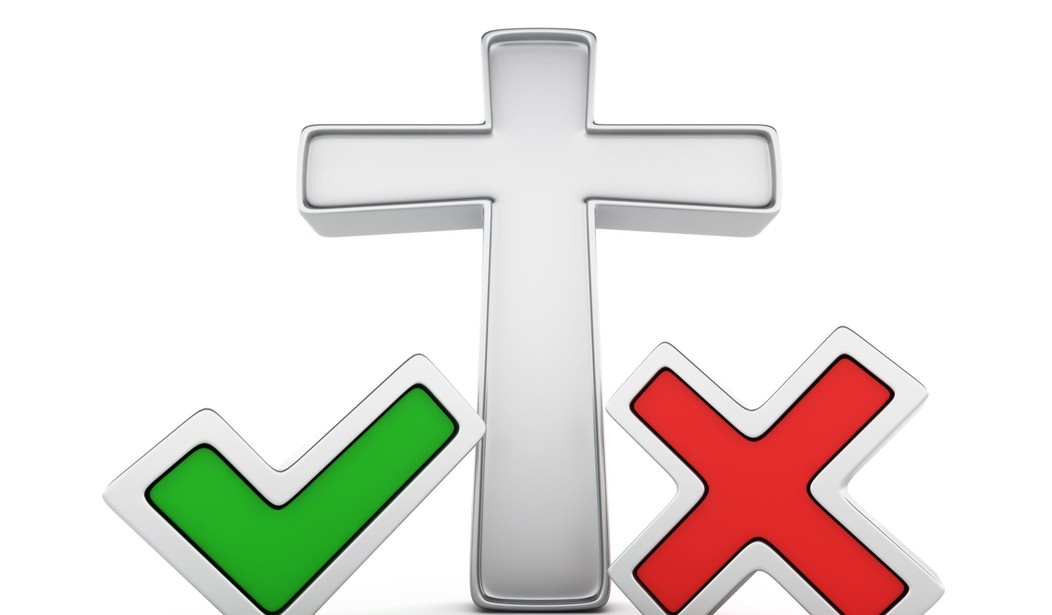
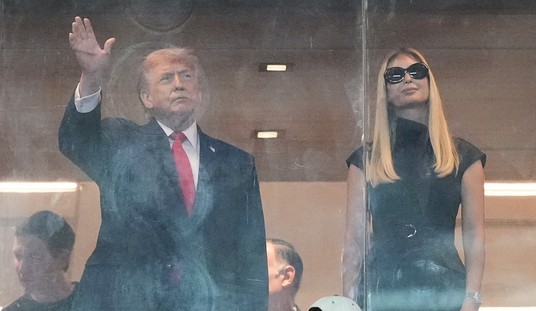


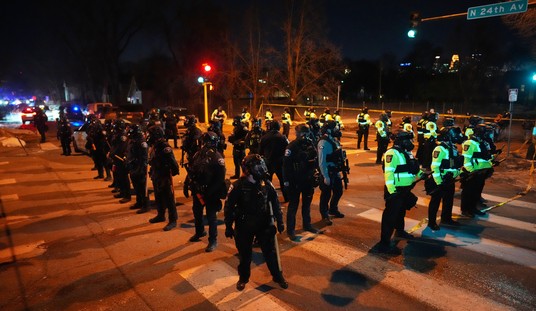
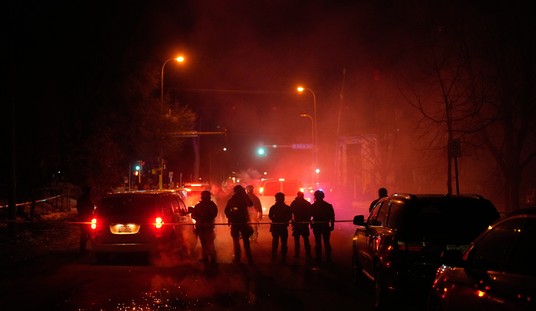
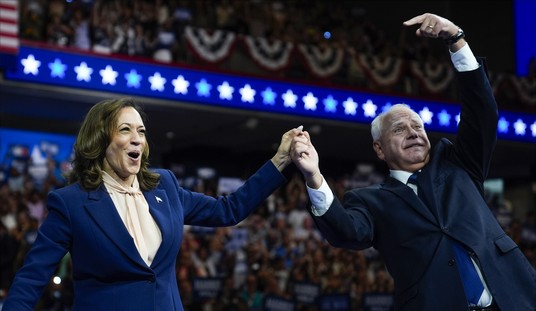
Join the conversation as a VIP Member